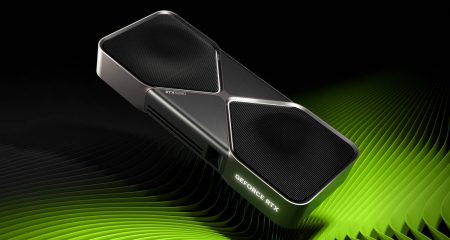
Though there was much to be excited about from Nokia World in London this week, including the announcement of six new handsets, including two based on Microsoft’s Windows Phone operating system, it was rather the omissions that got many analysts talking.
The question is whether Nokia has done enough to inspire confidence among consumers, developers and telecommunications operators to engineer a comeback after losing huge ground to Google, Apple and even BlackBerry maker Research in Motion in recent years.
Jack Gold of US research, analysis and consulting firm J Gold Associates thinks Nokia’s new phones are “very good” and “well engineered” but wonders if that’s enough. “Will Windows Phone catch on? Will it sell well against [Google’s] Android and [Apple’s] iOS?”
Gold says it’s problematic that Nokia’s new Lumia Windows Phone handsets are not coming immediately to the US, which he describes as a key market for high-end devices. “Sure, they’re coming, but it would be nice if Nokia had said that explicitly.”

The US market is an important one for driving interest and subsequent uptake among consumers in other parts of the world, he says.
It’s also worrying that Nokia “really didn’t talk about business users but instead focused on consumers”.
“A product at [the high-end Lumia 800’s] price point is going to be driven by high-end consumers and business. What is Nokia doing for enterprise attractiveness? There was no mention about the concerns enterprises would want addressed.”
Nokia has called its decision to use Windows Phone on Nokia devices part of a “strategic partnership” the company has entered into with Microsoft, which Gold says makes the absence of a Microsoft executive on stage during Wednesday’s keynote address peculiar.
“Where was Microsoft? Sure, Microsoft doesn’t want to annoy other Windows Phone vendors, but this is a big announcement,” Gold says. He argues a stronger Microsoft presence would have gone a long way to reassure consumers and vendors, particularly as Nokia represents an entry point to the mobile market for Microsoft, something it desperately needs but hasn’t previously achieved.
There were, nevertheless, countless Microsoft representatives in attendance at Nokia’s London event, but their involvement was limited to small panel discussions with software developers.
Gold thinks the Lumia handsets are also too expensive. The Lumia 800 costs US$585. For a company coming from behind, it should be trying to offer a high-end feature-set at a lower price. He suggests Nokia hasn’t priced the device as “ultra-competitively” as it could have and suggests the price could be a consideration for consumers and “hardware alone doesn’t sell these devices”.
“Consumers buy products because of factors like peer pressure and user experience,” says Gold. “Just look at the iPhone. People tell other people how amazing it is.”
He suggests that getting devices into consumers’ hands is crucial if they are to help drive sales and a lower price would help do that.
Gold thinks Nokia and Microsoft need to be more upfront about their strategic view and he’s not sure Nokia’s new handsets offer a compelling enough proposition to make consumers opt for a Nokia over Windows Phone devices from rival manufacturers.
“Nokia World is Nokia’s main annual event, it’s the ideal place for bold statements, but there weren’t enough of those,” he says. — Craig Wilson, TechCentral
- Subscribe to our free daily newsletter
- Follow us on Twitter or on Facebook
- Visit our sister website, SportsCentral (still in beta)




